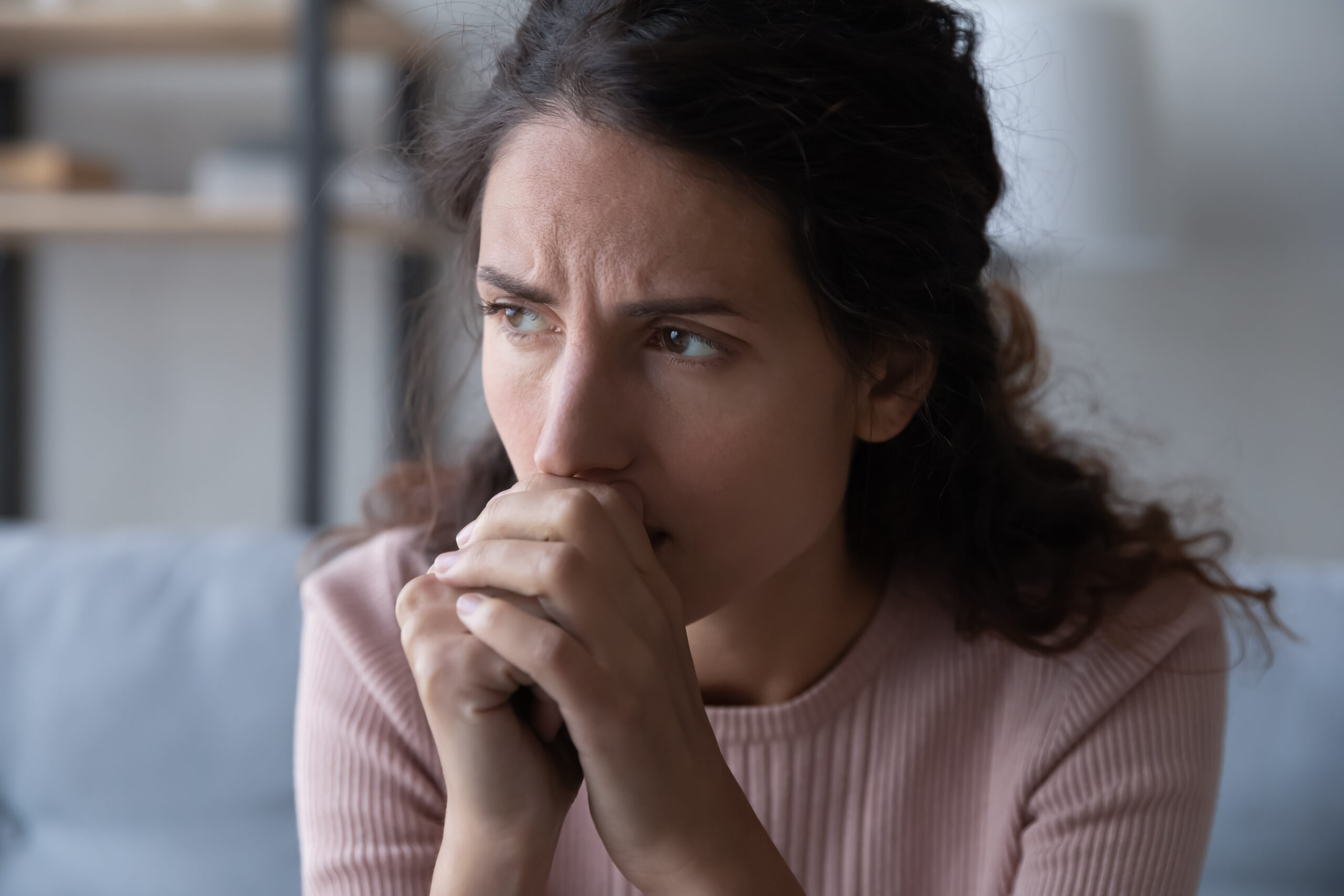COVID-19 Dependency Claim Settlement
Published on Posted onPlease note that this post was written for Victorian audiences and the information within may not apply to other regions.
Zaparas Lawyers recently settled a dependency claim for a daughter of a worker who died from COVID-19 in 2021; entitling our client to a lump sum dependency payment and reimbursement for counselling and funeral and burial related expenses.
In 2021, our client’s father, the deceased, worked as a Sales Manager with a manufacturing company. During the deceased’s period of exposure to COVID-19, the Greater Melbourne area was subject to its 6th lockdown. With orders made by the Victorian Government that limited amongst other things what work premises could be open, who could attend them and what measures needed to be in place to limit or seek to limit the spread of COVID-19 infections. The deceased only left his residence to attend his work’s premises during the weekdays or once a week to go grocery shopping. The deceased tested positive to COVID-19 and unfortunately passed away about two weeks later. Shortly after the deceased tested positive to COVID-19, about four of his colleagues also tested positive. His daughter subsequently lodged a WorkCover dependency claim which was rejected by the WorkCover insurer.
COVID and WorkCover
A dependent of a worker who contracted COVID may be entitled to WorkCover statutory dependency benefits if:
- The worker’s employment was a significant contributing factor to the worker contracting COVID-19 and their consequential death; or
- The nature of their work significantly increased their risk of contracting COVID and they passed away from COVID-19; or
- They have suffered a recurrence, aggravation or deterioration of a pre-existing COVID-19 injection due to their work environment and passed away from COVID-19.
Accordingly, the first way is if there was or there was likely to have been sufficient causal connection between the deceased’s COVID-19 infection and his work with his employer.
The second way is if the worker contracted the Coronavirus disease and there was some characteristic, distinctive feature or special risk due to the nature of his employment that significantly increased his risk of him developing COVID-19.
Accordingly, a worker who has contracted Coronavirus may lodge a WorkCover claim irrespective of whether they contracted COVID-19 during their employment, so long as the nature of their employment significantly increased their risk of contracting it.
The Insurer in this case maintained that the deceased’s death did not result from, nor was it materially contributed to by a disease arising out of or in the course of his employment. Nor was the disease due to the nature of his employment. They were of the view that adequate steps were taken to reduce the risk of employees contracting COVID-19. His employer also denied he had caught it at work and alleged that in-fact he was the one who brought it into the workplace. Noting he had shown symptoms and tested positive prior to the other workers. The Insurer was also of the view the nature of his employment as a Sales Manager in a Manufacturing company wasn’t one that significantly increased the risk of him contracting COVID-19.
The Argument
On behalf of the daughter, it was argued:
- It was denied the deceased was showing symptoms when alleged by the Employer.
- People with Coronavirus may be asymptomatic whereas those that are symptomatic – the period between infection with COVID-19 and development of symptoms varies between individuals. The infection period also varies between individuals and those who are asymptomatic can still be infectious. Accordingly, the fact the deceased tested positive first and may have shown symptoms first does not prove he contracted COVID-19 first.
- The worker was at an increased risk of contracting COVID-19 in 2021 by being required to attend his place of employment where he had increased opportunities to be exposed over any risk he would have had had if he had not been so employed/stayed at home during that time.
- He worked with colleagues that subsequently tested positive to COVID-19 who could have infected the deceased.
- It is not reasonably possible to completely eliminate the risk of COVID-19 in a workplace setting even if measures were taken. Whilst those measures could limit the risk and extent of transmission, they would not prevent the risk of transmission altogether.
- The risk of contracting of COVID-19 was higher where a workplace and individuals in that workplace were not fully complying with the workplace directions during the time the deceased would have been exposed to COVID-19.
As noted above the dependent only needed to prove that the deceased’s work was a (not ‘the’ only) significant contributing factor to his contraction of COVID-19. As well as the nature of his employment significantly increased his risk of contraction.
COVID-19 AND OCCUPATIONAL DISEASE CLAIMS
Although a positive settlement was reached for our client before a determination by a Court, this case demonstrates the complexities of occupational disease claims including those in relation to COVID-19.
If you are a worker and have been diagnosed with COVID-19, or a dependent such as a partner or child of a worker whose death resulted from or was materially contributed to by the infection, the contracting of that may be associated with their employment, please contact us and one of our expert occupational disease WorkCover lawyers can advise you of your prospects, rights and if a claim is recommended then to assist you in navigating the WorkCover system.
Read more examples of Zaparas Lawyers Settlements Below
- Firefighter settles Injury Claim four years on from West Footscray Chemical Fire
- Newsworthy Case: Field Officer gets compensation after Work Place Injury
- Security Guard left wheelchair bound after workplace assault in Victoria: Employer Proved to be Liable
- Statutory maximum of over $630,000 achieved for one of our terminally ill WorkCover clients
- 1.25 Million Dollar Settlement During COVID-19 For Construction Worker and Young Dad
- Zaparas Lawyers secures damages over $350,000 for a worker diagnosed with Silicosis that had a preserved lung function
Read more of our Blogs on Occupational Disease Below
- Silicosis National Registry: What it means for doctors
- Mesothelioma: An asbestos-related disease on the rise
- Tradies at risk of developing disease
- Risks of welding fumes to workers health
- Easier and faster access to WorkCover Entitlements for those workers exposed to Silica
- Firefighting officially declared a cancer-causing profession


